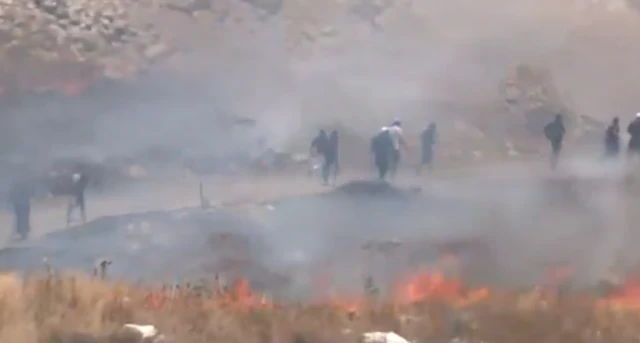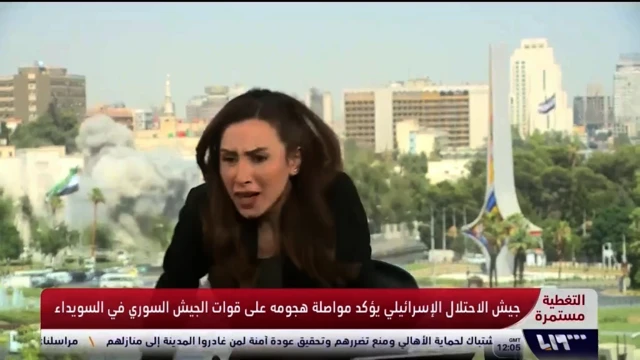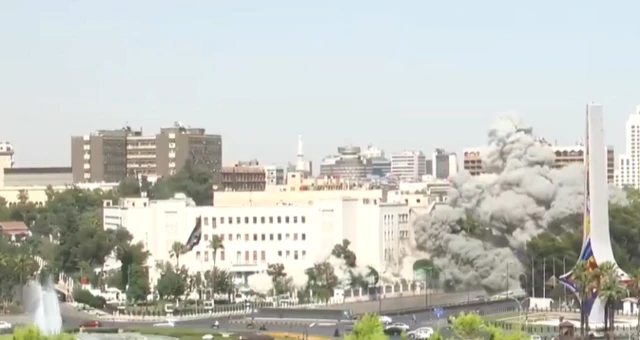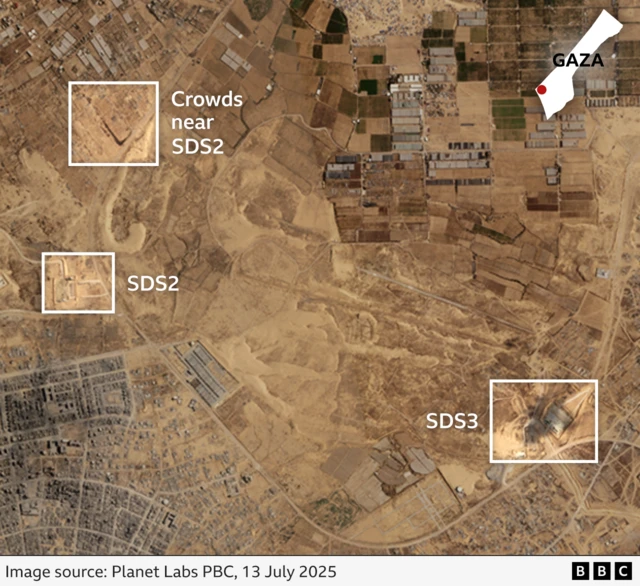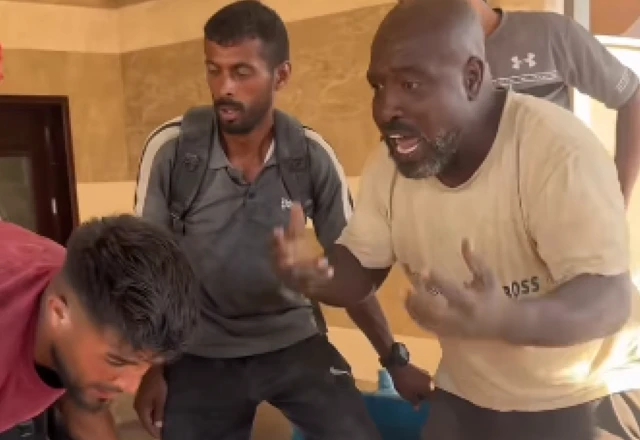Wednesday on Verify Livepublished at 17:55 BST 16 July
 Paul Brown
Paul Brown
BBC Verify senior journalist
Our page is closing soon, but BBC Verify’s work continues.
This evening our late team will be keeping a close eye on Syria following Israeli air strikes on the capital, which were aired live on TV.
Our UK fact-check team unpacked the key claims made at PMQs and looked at the details and numbers behind the Afghan data breach.
We've also investigated reports of the deaths of at least 20 people at an aid distribution site run by the controversial "Gaza Humanitarian Foundation" (GHF).
And you can catch up with more of BBC Verify’s fact-checks, open-source investigations and data journalism in our section of the BBC News website.

